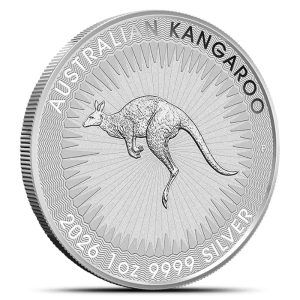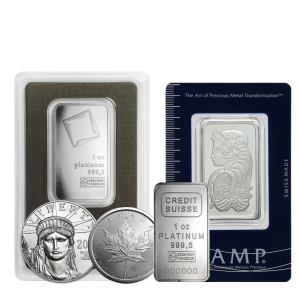For decades, investing in Gold and other precious metals has been one of the more popular ways for investors to diversify their portfolios. Precious metals have always been revered as wealth protection assets as they are hedges against inflation and economic uncertainty. While it is a popular investment choice many wonder why the likes of the Bank of America and other major banks do not sell gold bars, since it is very easy to buy them through precious metal dealers or companies. This blog post highlights a few reasons behind such a business decision.
-
Regulatory and compliance issues
One of the main reasons US-based banks — like Bank of America, Chase, and others — do not sell gold bars is the hard regulatory and compliance environment that governs this sort of activity. Banks are very heavily regulated institutions, thus, dealing in physical precious metals would add another layer of compliance on financial reporting and security would have to be adhered to. These can include the very costly and very draining enormous amount of resources through protocols of anti-money laundering (AML) requirements and “Know Your Customer” (KYC) requirements often required while implementation is in process.
-
Risk Management
Dealing in physical commodities such as gold involves a formidable amount of challenges and managing risks. Physical Gold requires proper storage, transporting logistics, and major insurance, all of which add to the operational complexities and costs for banks. Moreover, there is price volatility with financial risks that accompany precious metals; a good number of banks prefer not to bear the risk. In this case, a bank may offer their customer an investment in gold through securities that do not require handling the physical asset. For example, it can be gold ETFs or stocks of mining companies.
-
Business Model and Focus
Banks tend to highlight and offer financial services within the framework of their business model, some offering even traditional services like credit, deposit, or asset management. The sale of physical gold doesn’t fit quite into the window of these services. Banks will typically aim to generate profit through interest, fees, and financial services using their core operations, while the sale of gold bars is usually an activity not considered within the operations strategy and field of expertise of the bank.
-
Alternative Investment Options
Banks will have to offer a wide range of other investment opportunities closer to their kind of financial products. These include all kinds of bonds, stocks, mutual funds, and ETFs on gold. It allows for indirect investment in gold for customers and is a much easier product for banks to handle. It also gives a level of liquidity and ease of trading that physical gold does not give.
Takeaway
While the appeal of gold remains high among investors, major banks like Bank of America avoid selling gold bars mainly due to regulatory hurdles, risk management issues, and focusing on their core business areas. For an individual who is considering investing in gold, it is usually best to purchase from dealers that specialize in precious metals.
 Hi,
Hi,











